Thailand’s Songkran Water Festival is a captivating celebration that embodies the spirit of renewal, cleansing, and joy. This three-day extravaganza, observed from April 13th to 15th, marks the traditional Thai New Year.
Songkran is a time for Thais to reflect on the past year, wash away mistakes, and welcome the fresh beginnings that come with the arrival of spring.
History and Significance
Songkran’s origins date back to the 13th century, when the kingdom of Siam (now Thailand) followed the solar calendar.
The festival’s name, “Songkran,” is derived from the Sanskrit word “Sankranti,” meaning “astrological passage.”
This ancient celebration honors the sun’s journey into the zodiac sign of Aries, signaling the beginning of spring.
Traditions and Rituals
Songkran’s festivities are deeply rooted in Buddhist and Hindu customs.
Some of the significant traditions and rituals include:
- Water Pouring: Symbolizing cleansing and renewal, people pour water on family members, friends, and even strangers as a sign of respect and goodwill.
- Visiting Temples: Devotees visit temples to offer prayers, food, and incense to Buddhist monks, seeking blessings for the new year.
- Releasing Fish: To promote mercy and compassion, people release fish and other animals back into their natural habitats.
- Smearing Clay: A traditional ritual where participants apply clay or powder on each other’s faces, symbolizing purification.
- Family Reunions: Songkran is a time for family gatherings, sharing meals, and strengthening bonds.
Regional Celebrations
While Songkran is observed nationwide, each region boasts unique customs and festivities:
- Bangkok: The capital city’s famous Khao San Road transforms into a giant water fight arena.
- Chiang Mai: The ancient city’s moat becomes a hub for water battles and festivities.
- Ayutthaya: The historic city’s temples host traditional ceremonies and water-pouring rituals.
- Phuket: The island’s Patong Beach is a hotspot for water fights and beach parties.
Modern Twists
In recent years, Songkran has evolved to incorporate modern elements:
- Water Guns: Colorful water guns have become an integral part of the festival.
- Electronic Dance Music (EDM): Large-scale music festivals now accompany the water fights.
- Tourist Events: Special events, like water-themed parties and contests, cater to international visitors.
Cultural Significance
Songkran embodies Thailand’s rich cultural heritage:
- Respect for Elders: The festival emphasizes the importance of honoring ancestors and elderly family members.
- Community Bonding: Songkran fosters unity and friendship among locals and visitors alike.
- Spiritual Renewal: The celebration encourages self-reflection, forgiveness, and spiritual growth.
Tips for Visitors
- Respect Local Customs: Dress modestly and remove shoes when visiting temples.
- Stay Hydrated: The water fights can be intense; drink plenty of water to stay refreshed.
- Protect Your Belongings: Waterproof bags and phone cases are essential.
Conclusion
Thailand’s Songkran Water Festival is an extraordinary celebration that showcases the country’s vibrant culture, rich traditions, and warm hospitality.
As the world’s largest water fight, Songkran is an unforgettable experience that washes away worries and welcomes new beginnings.
References:
- Tourism Authority of Thailand
- Thai Government’s Official Website
- Bangkok Post
- The Nation Thailand
- Lonely Planet
Additional Resources:
- Songkran Festival Schedule
- Regional Celebrations Guide
- Cultural Insights and Etiquette
- Safety Tips and Precautions
- Accommodation and Travel Information

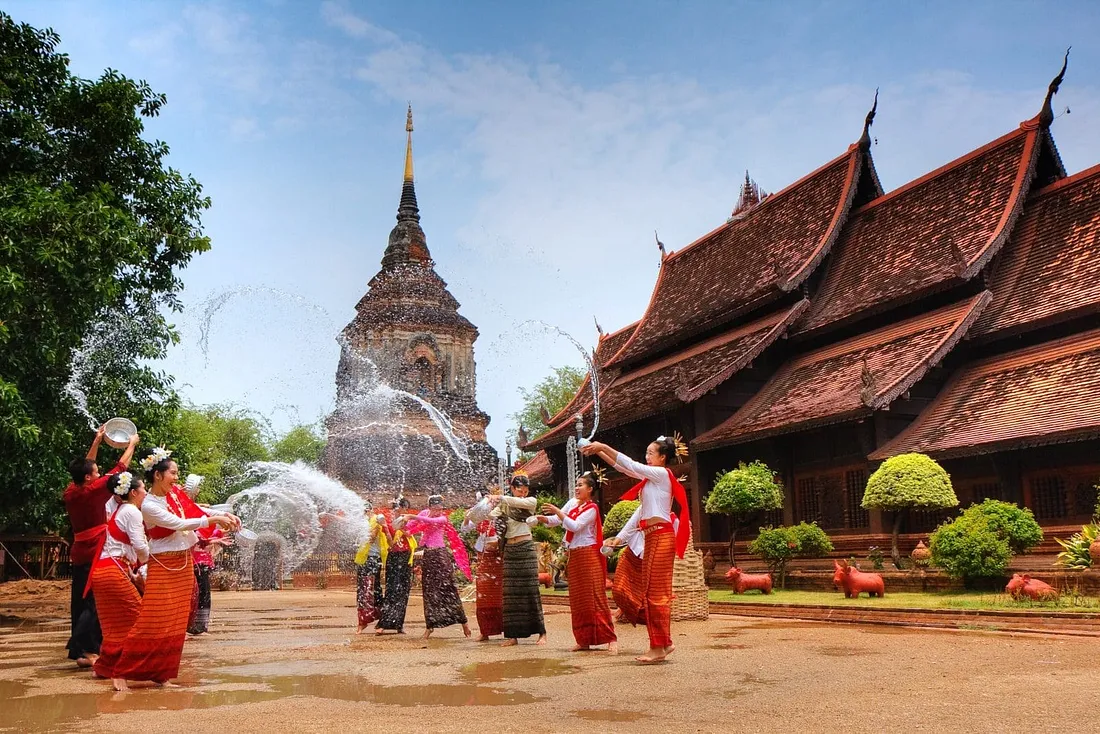
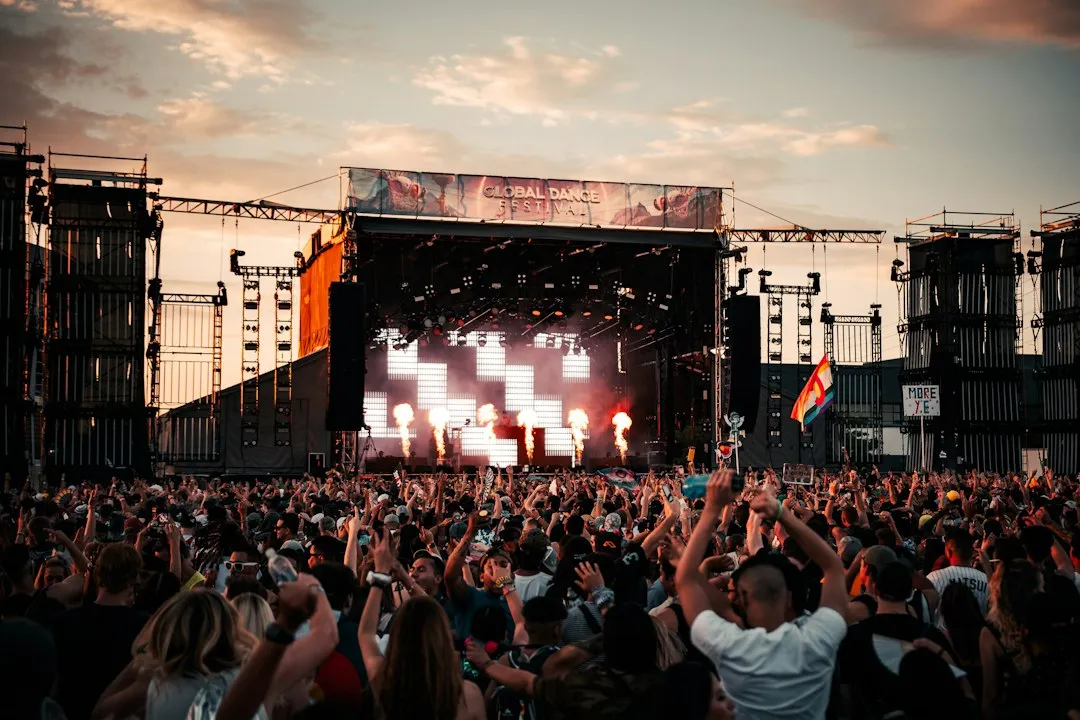
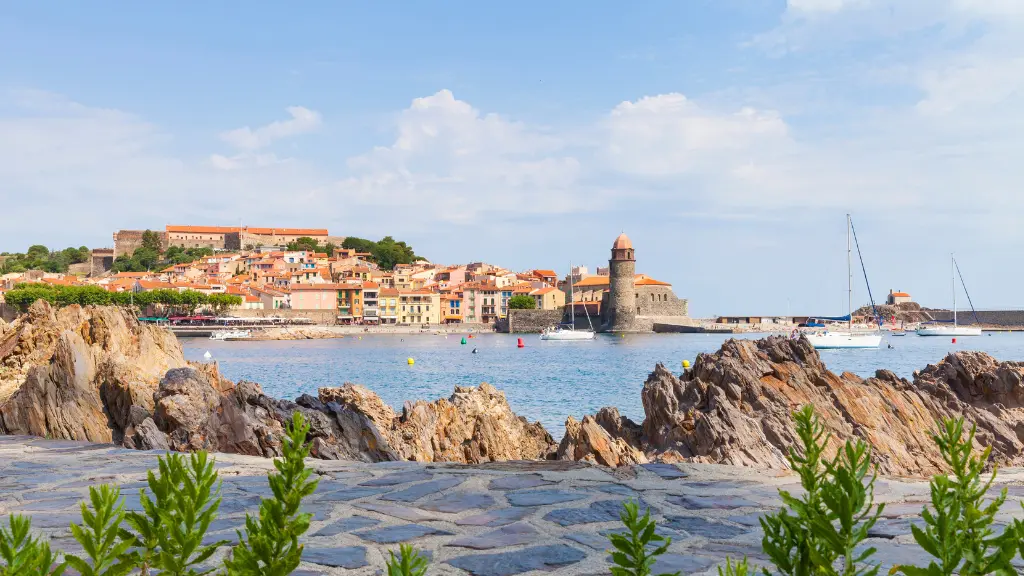


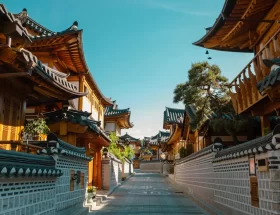


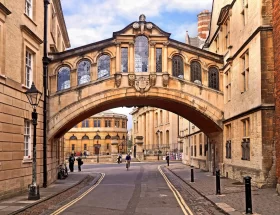

[…] You May Also Like: Songkran Festival Thailand: History, Significance, and Celebrations […]
[…] You May Also Like: Songkran Festival Thailand: History, Significance, and Celebrations […]